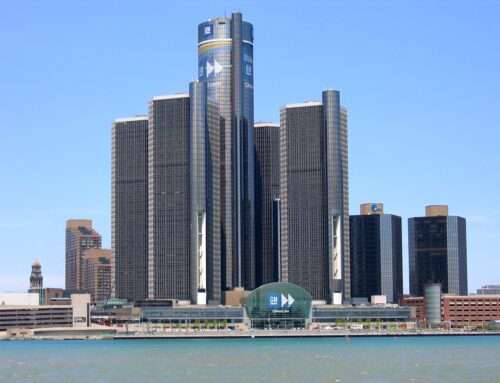Description and Details
For millions of people living near or downstream of the seasonal Yangtze River, flooding has always been an issue. Not only are many big cities located along the river, but also extensive farmland and industrial areas. The consequences brought by future floods could be unimaginable and uncontrollable.
To solve the issue, a hydroelectric gravity dam project was proposed to alleviate the problem, spanning the Yangtze River by the town of Sandouping, in Yiling District, Yichang, Hubei Province, central China, downstream of the Three Gorges. The main body’s construction was completed in 2006, reducing the flooding from once every ten years to once every 100 years. Besides, with the power plant fully functioning in 2012, the Three Gorge Dam became the world’s largest power station for installed capacity, generating about 95 TWh of electricity annually.
However, the success of the dam comes with social and environmental costs. More people were relocated, and relocation costs were roughly the same as the construction. Further, the absence of silt downstream will make the riverbank and sedimentary plain more vulnerable to upcoming floods. The deforestation needed for the dam’s construction resulted in many endangered species going extinct. Statistics for the dam’s impacts are outdated, with the most recent analysis completed around 15 years ago. The dam’s long-lasting impact on the environment is unknown.
CEE subjects: Hydraulics and Hydrological Engineering, Environmental Fluid Dynamics
Discussion Questions
- How did different stakeholders come to a consensus on this project? How did the residents and the government collaborate with each other?
- What is the potential impact of the project (environmental and social) other than mentioned above? How are we going to deal with these problems?
- How could we use today’s sustainable practices to revitalize area’s impacted by the dam and/or reevaluate how future dam projects can be better designed?
- Was the project worth the cost? To put it in another perspective, is it “right” in your sense? (could be viewed from both consequentialism and deontology aspects)
References
- Peer reviewed articles
- Popular media/news references
- Books/memoirs




Leave A Comment